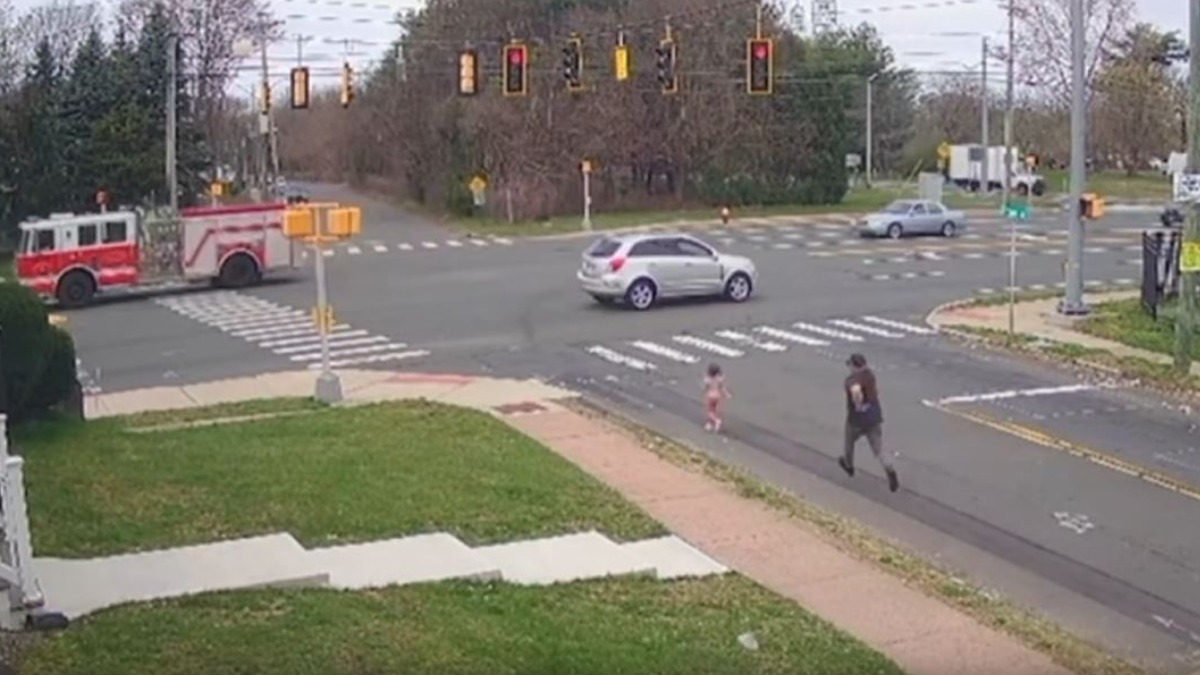Backed by law enforcement and officials from some of Connecticut's biggest cities and towns, Gov. Dannel Malloy renewed his push to allow for more second chances for nonviolent offenders.
"I think ultimately what we’re trying to do in Connecticut is get it right and move away from a system that assumes mass incarceration, that we can incarcerate our problems as opposed to deal with them," Malloy said at a news conference Tuesday.
Malloy's proposal in the legislature includes getting rid of some mandatory minimum sentences and restructuring part of the judicial system aimed at improving conditions for convicts who will soon re-enter society.
He's said on several occasions and reiterated his argument Tuesday that Connecticut and other states spent too much time in the 1980s and '90s building new prisons instead of schools and community centers.
"There is a realization that we went too far and going too far is really, really expensive and delivers really, really bad results," Malloy said.
With recent violence in Baltimore sparked mainly by high school students, Malloy said his conversations with juvenile inmates have included ways to keep them out of trouble in crime-heavy urban neighborhoods.
They told the governor that jobs are a requirement.
Local
"Three of the guys mentioned jobs to me, that it’s really hard under the best of circumstances to find a job," Malloy said. "One guy made a very salient point that the jobs we’re supposed to have as young people, adults have now."
New Haven Police Chief Dean Esserman, who's been a prosecutor in addition to a chief, said he thinks the plan is on the right track toward improving outcomes once inmates re-enter society.
"I think we’re learning from our mistakes which means we made them," he said.
Esserman added that it only makes sense to provide programs to make sure that the recently released become functioning members of society.
"I’m in a state where crime goes down every year, where violent crime goes down every year and yet we have less inmates every year. That makes sense to me," Esserman said.



